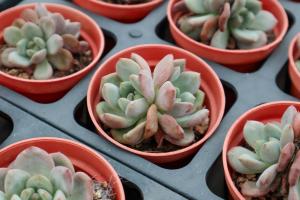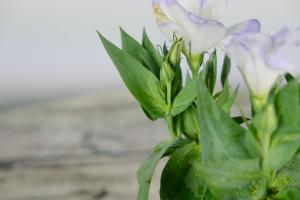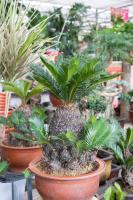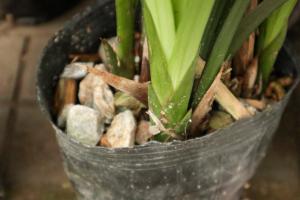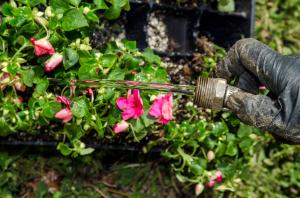How to Say Plant Pot in Spanish
Plant pots come in all shapes, sizes, and materials, and are essential for keeping plants flourishing indoors or in outdoor garden spaces. If you're learning Spanish and wondering how to say "plant pot", keep reading for some useful vocabulary and pronunciation tips.
Types of Plant Pots
Before we jump into the translations of "plant pot" in Spanish, let's take a look at some of the different types of pots you might come across:
Terra cotta pots - made from unglazed red clay, often used for Mediterranean-style plants like succulents and herbs
Ceramic pots - glazed and available in a variety of colors and patterns, popular for indoor plants and decorative purposes
Plastic pots - lightweight and affordable, commonly used for starting seedlings or temporary plant displays
Metal pots - durable and stylish, available in various finishes like copper and zinc, suitable for both indoor and outdoor use
Translations for Plant Pot in Spanish
The most common term for "plant pot" in Spanish is maceta, which can be used for any type of container used for potted plants. However, there are a few other terms you might come across depending on regional differences or specific types of containers:
Jardinera - a long rectangular container, often used for window boxes or larger outdoor arrangements
Tiesto - a smaller, often round pot for indoor plants
Florero - a vase specifically for cut flowers
It's also worth noting that Spanish speakers may refer to the material of the pot rather than the pot itself. For example, a terra cotta pot can be referred to as a maceta de barro (clay pot) or a ceramic pot as a maceta de cerámica.
Pronunciation Tips
If you're new to speaking Spanish, it can be helpful to practice the pronunciation of these words. Here are some general tips:
The letter "c" is pronounced like an "s" when it comes before an "e" or "i". For example, maceta is pronounced "mah-SEH-tah".
The letter "j" is pronounced a bit like a harsh "h" in English. For example, jardinera is pronounced "har-din-EH-rah".
The letter "r" is trilled in Spanish, which can be difficult for English speakers to master. For example, tiesto is pronounced "tee-YES-toh".
Conclusion
Whether you're an experienced plant parent or just starting out, having the right plant pots is key for creating a healthy and beautiful indoor or outdoor garden. Knowing how to say "plant pot" in Spanish can be helpful when shopping for supplies or communicating with Spanish-speaking friends or coworkers. Remember to practice your pronunciation and have fun tending to your plants!

 how many times do yo...
how many times do yo... how many planted tre...
how many planted tre... how many pine trees ...
how many pine trees ... how many pecan trees...
how many pecan trees... how many plants comp...
how many plants comp... how many plants can ...
how many plants can ... how many plants and ...
how many plants and ... how many pepper plan...
how many pepper plan...